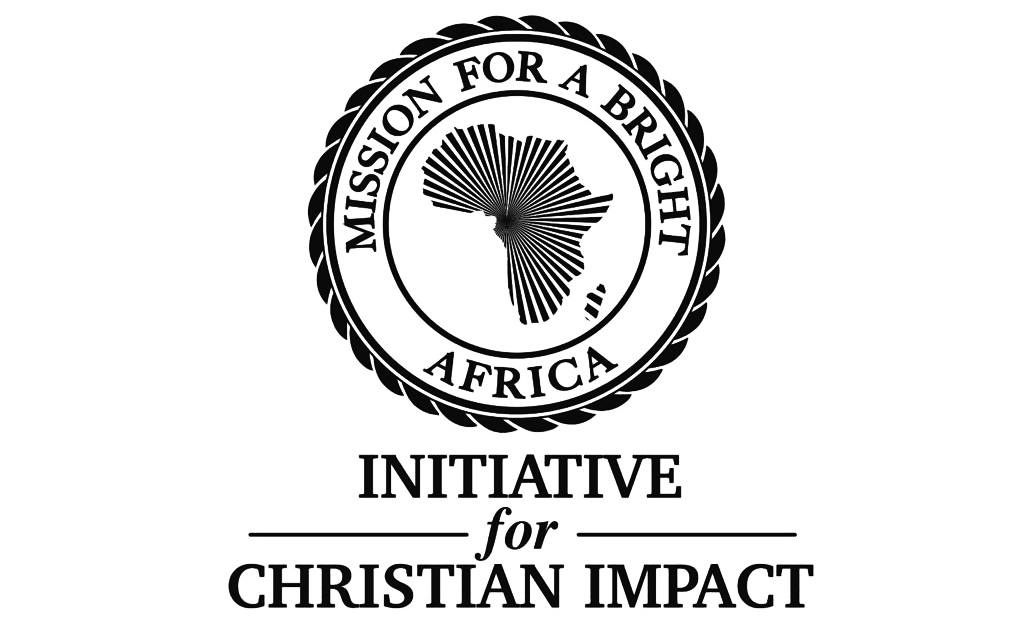“One task of Christian scholars in the academic arena, whether in a Christian university or a public institution, is to consider how to “bring every thought captive to Jesus Christ” (see 2 Cor 10: 4-5). This is not simply a personal or private matter, but is a consequence of our participation in a shared universe that needs to be brought under Christ and in conformity to him.”
[Andrew F. Walls, “Scholarship Under the Cross: Thinking Greek and Thinking Christian”][2]
Abraham Akong argues that “the goal of theological education in Africa must be to prepare the church as an agent of change that brings possibilities of hope and new life in the midst of the distortions of life, destruction and death.”[3] The rapid expansion of Christianity in various parts of the non-western world, particularly in Africa, emphasizes the significance of this. Yet it has become too clear that rapid growth alone is not sufficient for significant witness or impact within culture and society.
Theological Education and the Secular-Sacred Divide
Churches in our contexts are full. But there is sufficient evidence of a gap between preaching and lifestyle, between the pulpit and the public sphere, as well as between our worship and witness. These gaps are nurtured by a mindset that draws dichotomies between clergy and laity, as well as between spiritual and so-called secular spheres of life. It highlights an undue distinction between clergy, missionaries, theological educators and the rest of God’s people, suggesting that while the former have a divine calling, the later are just doing jobs.
Most scholars attribute this mindset, and the obvious gap between faith and life in the African context, to inherited flaws in our approach to theological education. Akong argues that both this dualistic mindset and the resulting gap in the African context is linked to an inherited “structure of the dominant missionary soteriological paradigm of inclusion and exclusion” that “created a definition of salvation in terms of separation, distancing and rejection of African culture because it was deemed to be primitive, devilish and therefore incompatible with the Christian life.”[4]
This structure of inclusion and exclusion not only creates “salems” – exclusive communities created for new converts, often close to the mission house to keep them from contamination from non-Christians in the wider cultural setting – but a dualistic word view that classified anything related to politics, business, economics and the environment as incompatible with Christian spirituality and growth.
Until recently, the unintended response has been withdrawal from areas of life considered secular. Such approach to education did not produce the desired equipping of the people of God for discipleship in all of life.
[1] Paper written for the ICETE C-18 consultation in Panama City, October 2018
[2] Journal of African Christian Thought, Vol. 9, No. 2, (December 2006), pp. 16-22; p. 16.
[3] Abraham Akrong, “The Challenge of Theological Education in Ghana” in Journal of African Christian Thought, Vol. 10, No. 2, (December 2007), pp. 24-30; p. 26.
[4] Abraham Akrong, “The Challenge of Theological Education in Ghana” in Journal of African Christian Thought, Vol. 10, No. 2, (December 2007), pp. 24-30; p. 26.
Toward a New Paradigm of Theological Engagement
Several evangelical theological schools across Africa are now proactively embracing theological education that equips diverse categories of people for discipleship in all of life. Scholars like Akrong and Kwame Bediako have called for a “credible theological paradigm” that “provides its context with the conceptual framework, language and lexicon from which new hermeneutical principles could be developed to address new questions, concerns and challenges. In this sense, theological paradigms provide the core theory and auxiliary theories from which the central message of Christianity can be related to new challenges and issues in different cultural and historical contexts.”[5][6] Efforts in this direction include the development of contextually relevant curriculum, integration of the academy with issues of daily life, theological training for various categories of people beyond just the clergy and the move towards theologizing in indigenous mother tongue vernaculars.
The Akrofi-Christaller Institute of Theology, Mission and Culture, by its very name, ethos and practice reflects the new paradigm of theological education in Africa. The focus of the curriculum of postgraduate studies at the Akrofi-Christaller Institute (ACI) is “the study of the forms and traditions of African Christian life and thought emerging as a distinctive strand of non-western Christianity” toward “reflection and interpretative depth to inform and strengthen the African church in its task of Christian witness, spiritual nurture, intellectual renewal and socio-cultural and political transformation in the twenty-first century.”[7]
In the past, transformational development was left to Non-Governmental Organizations, especially multinational ones. Now, evangelical theological Institutions are increasingly taking responsibility for equipping the church for such work. The ACI has developed a course, Studies in Transformational, Integral and Sustainable Development, that attracts not only clergy but various professionals from the public sphere. Among other things the course “seeks to establish and clarify the concepts of ‘transformation,’ ‘Integral,’ and ‘sustainable’ development and to indicate their multi-disciplinary nature. Attention is paid to developing understanding of the potential within communities and individuals, and the enhancement of the potential for spiritual, social and personals and growth within a sustainable environment.’[8]
Beyond the classroom experience, students embark on extensive research and interaction with local communities towards impacting their immediate context of engagement. Students at the Institute include agriculturalists, lawyers, pharmacists, chattered accountants and various other professionals. ACI also emphasizes the role of indigenous mother tongues in societal transformation, a longstanding area of neglect. All students are required to write the abstract of their research thesis in their native mother tongue as a way of encouraging research and witness that engages with ordinary people in daily life in their first language.
Daystar University in Nairobi, Kenya is another evangelical institution that has embraced a multifaceted, holistic approach to the African context: “At Daystar University, we equip students holistically, and our graduates meet not only the academic demands of the working world, but are of high moral integrity. We aspire to be an institution that transforms the church and society through instilling Christian values to the students who study at Daystar University.”[9]
Beyond the clergy, Daystar offers relevant courses to equip diverse professionals for excellence and Christian witness in the public arena. Programs offered include Bachelor of Arts in Peace and Conflict Resolution, Bachelor of Arts in Community Development and Bachelor of Science in Economics. Daystar also has an Institute of Leadership and Professional Development with Christ-centered specialized education and services to equip “leaders of churches, Christian institutions, and individuals involved in serving the wider society”[10] for societal transformation. Such professionals include bank managers, economists and politicians in the public sphere.
Other evangelical institutions following in the same direction include Uganda Christian University, the Kampala Evangelical School of Theology, Africa University, the Theological College of Northern Nigeria and the Jos ECWA Theological Seminary. These and several others belong to platforms of accountability for theological education in Africa such as the Association for Christian Theological Education in Africa, the Association for Pentecostal Theological Education in Africa, the Africa Theological Fellowship and the Overseas Council.
God’s Mission and the Common Good
In these ways, a new paradigm of theological education is breaking down the sacred-secular divide in African affairs, equipping students to bring the lordship of Christ to bear on all spheres of life. This includes ethical issues in leadership and governance, integrity in business and economics, environmental stewardship and ethnicity/race issues. Working to bring every thought captive to Jesus Christ in these spheres of life not only demonstrates a commitment to Church and mission but also the common good of the African context.
Resources
Kwabena Asamoah-Gyadu, “’Not So Among You’: Christian Heritage and Ecclesial Leadership in Contemporary Africa,” Journal of African Christian Thought, Vol. 17, No. 2 (December 2014).
Gillian Mary Bediako, Bernhardt Quarshie, J. Kwabena Asamoah-Gyadu (Eds.), Seeing New Facets of the Diamond: Christianity as a Universal Faith – Essays in Honor of Kwame Bediako, Wipf & Stock, 2015.
Gregory Lund (ed.), Theological Education in Africa: An Annotated Bibliography, Billy Graham Center (Wheaton College), 1992.
Isabel Apawo Phiri and Dietrich Werner (eds.), Review of Handbook of Theological Education in Africa, Regnum Studies International, 2013.
Hwa Yung, Mangoes or Bananas? The Quest for an Authentic Asian Christian Theology. (Carlisle: Regnum Books International, 1997)






